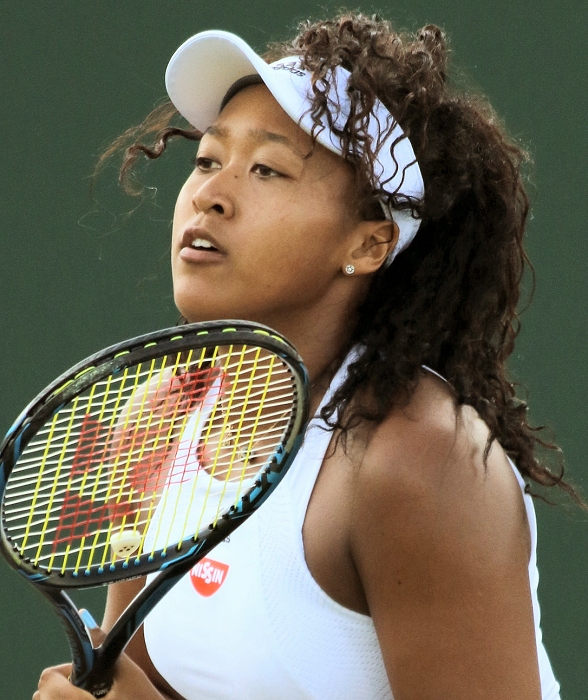New Mothers Break Stereotypes in Ultramarathon Breastfeeding Triumph

In a remarkable display of resilience and empowerment, Canadian runner Stephanie Case recently made headlines by winning the Ultra-Trail Snowdonia ultramarathon while breastfeeding her infant daughter, Pepper. Completing the grueling 100-kilometer course in just under 17 hours, Case’s achievement has garnered significant attention, prompting discussions on the expectations placed upon new mothers and the broader theme of maternal health in competitive sports.
Stephanie Case, a 42-year-old human rights lawyer, entered the Ultra-Trail Snowdonia, located in Eryri, Wales, just six months after giving birth. Her participation followed a challenging three-year journey marked by infertility and multiple miscarriages. Despite not competing since 2022, when she learned of her pregnancy, Case’s determination led her to approach the race not only as a competitive event but also as a personal milestone for her journey as a new mother.
“I had no expectations besides managing the run while feeding Pepper,” Case stated. “It was stabilizing to know that the transformation and trauma I’d gone through didn’t erase the runner part of me.” During the race, she was permitted to breastfeed at three designated points, a practice she completed while outperforming all elite female runners.
Case’s story resonates with many, as it challenges traditional stereotypes about motherhood and physical capability. However, she expressed concern that her success might inadvertently create unrealistic standards for other mothers. “I hope my achievement changes the conversation around what is expected of new mothers,” she explained, emphasizing that while it is essential to share stories of mothers achieving beyond conventional roles, it should not pressure them into feeling overwhelmed.
The significance of Case's accomplishment extends beyond personal achievement; it highlights the importance of maternal health and the role of physical activity in recovery post-birth. Enlli Williams, another new mother and ultramarathon runner, has shared her experience of using running to combat postpartum anxiety. Williams completed the women-only SheUltra 50km event while managing her responsibilities as a breastfeeding mother, which she credits with helping her regain her sense of identity after childbirth. “Exercising during pregnancy and post-birth helps me so much,” Williams stated, reinforcing the message that physical activity is crucial for mental well-being.
Sophie Power, a prominent figure in the endurance sports community, also advocates for the normalization of breastfeeding in competitive environments. After her own noteworthy experience of breastfeeding her baby at the end of the 100-mile UTMB ultramarathon in 2018, Power founded the She Races charity to promote inclusivity in sports for pregnant and postpartum women. “When you’re fit during pregnancy, labor is easier and recovery is quicker,” Power noted, reflecting on the health benefits of maintaining an active lifestyle.
These women's stories underscore an evolving narrative within the sports community that recognizes the dual roles of motherhood and athleticism. According to Dr. Emily Thompson, a researcher at the University of Toronto specializing in maternal health and exercise, “The intersection of motherhood and competitive sports has often been overlooked. Case and others like her provide a powerful reminder that women can pursue their passions while embracing motherhood.”
As discussions surrounding women’s rights, maternal health, and physical fitness continue to evolve, the experiences of Case, Williams, and Power reflect a significant shift toward recognizing and valuing the multifaceted identities of women. Their achievements serve to inspire not only other mothers but also society at large to embrace a more inclusive perspective on women's capabilities and roles.
In conclusion, as more stories of new mothers pursuing their passions come to light, the conversation surrounding the expectations of maternity in competitive sports is likely to expand. With advocates like Case, Williams, and Power leading the charge, the future may hold a more supportive environment for mothers who aspire to balance family life and their athletic ambitions.
Advertisement
Tags
Advertisement





